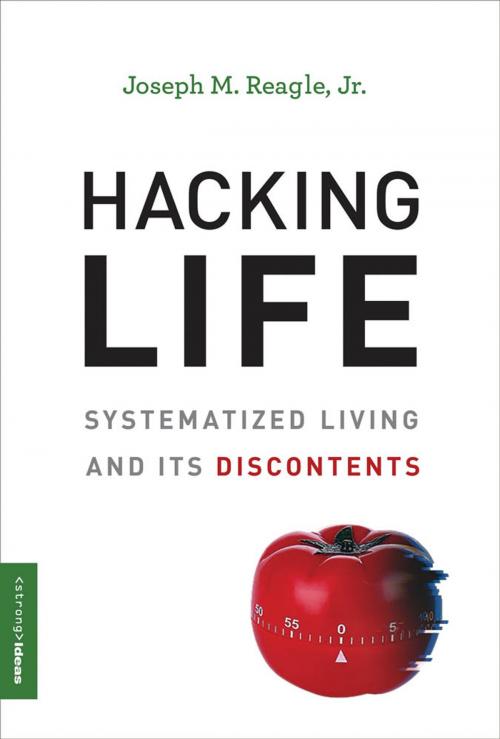Hacking Life
Systematized Living and Its Discontents
Nonfiction, Computers, General Computing, Social & Cultural Studies, Social Science| Author: | Joseph M. Reagle Jr. | ISBN: | 9780262352048 |
| Publisher: | The MIT Press | Publication: | March 22, 2019 |
| Imprint: | The MIT Press | Language: | English |
| Author: | Joseph M. Reagle Jr. |
| ISBN: | 9780262352048 |
| Publisher: | The MIT Press |
| Publication: | March 22, 2019 |
| Imprint: | The MIT Press |
| Language: | English |
In an effort to keep up with a world of too much, life hackers sometimes risk going too far.
Life hackers track and analyze the food they eat, the hours they sleep, the money they spend, and how they're feeling on any given day. They share tips on the most efficient ways to tie shoelaces and load the dishwasher; they employ a tomato-shaped kitchen timer as a time-management tool.They see everything as a system composed of parts that can be decomposed and recomposed, with algorithmic rules that can be understood, optimized, and subverted. In Hacking Life, Joseph Reagle examines these attempts to systematize living and finds that they are the latest in a long series of self-improvement methods. Life hacking, he writes, is self-help for the digital age's creative class.
Reagle chronicles the history of life hacking, from Benjamin Franklin's Poor Richard's Almanack through Stephen Covey's 7 Habits of Highly Effective People and Timothy Ferriss's The 4-Hour Workweek. He describes personal outsourcing, polyphasic sleep, the quantified self movement, and hacks for pickup artists. Life hacks can be useful, useless, and sometimes harmful (for example, if you treat others as cogs in your machine). Life hacks have strengths and weaknesses, which are sometimes like two sides of a coin: being efficient is not the same thing as being effective; being precious about minimalism does not mean you are living life unfettered; and compulsively checking your vital signs is its own sort of illness. With Hacking Life, Reagle sheds light on a question even non-hackers ponder: what does it mean to live a good life in the new millennium?
In an effort to keep up with a world of too much, life hackers sometimes risk going too far.
Life hackers track and analyze the food they eat, the hours they sleep, the money they spend, and how they're feeling on any given day. They share tips on the most efficient ways to tie shoelaces and load the dishwasher; they employ a tomato-shaped kitchen timer as a time-management tool.They see everything as a system composed of parts that can be decomposed and recomposed, with algorithmic rules that can be understood, optimized, and subverted. In Hacking Life, Joseph Reagle examines these attempts to systematize living and finds that they are the latest in a long series of self-improvement methods. Life hacking, he writes, is self-help for the digital age's creative class.
Reagle chronicles the history of life hacking, from Benjamin Franklin's Poor Richard's Almanack through Stephen Covey's 7 Habits of Highly Effective People and Timothy Ferriss's The 4-Hour Workweek. He describes personal outsourcing, polyphasic sleep, the quantified self movement, and hacks for pickup artists. Life hacks can be useful, useless, and sometimes harmful (for example, if you treat others as cogs in your machine). Life hacks have strengths and weaknesses, which are sometimes like two sides of a coin: being efficient is not the same thing as being effective; being precious about minimalism does not mean you are living life unfettered; and compulsively checking your vital signs is its own sort of illness. With Hacking Life, Reagle sheds light on a question even non-hackers ponder: what does it mean to live a good life in the new millennium?















